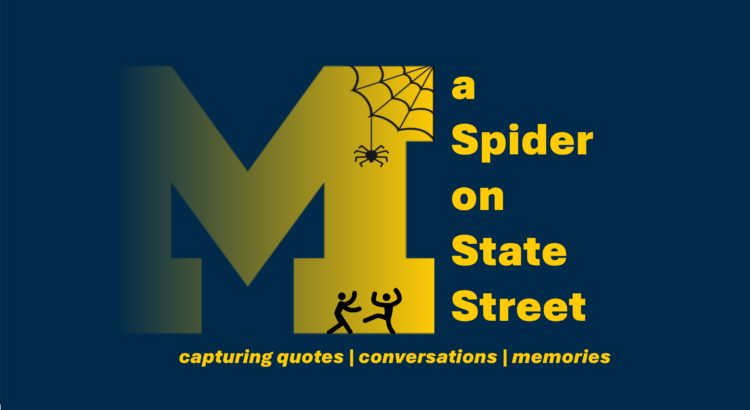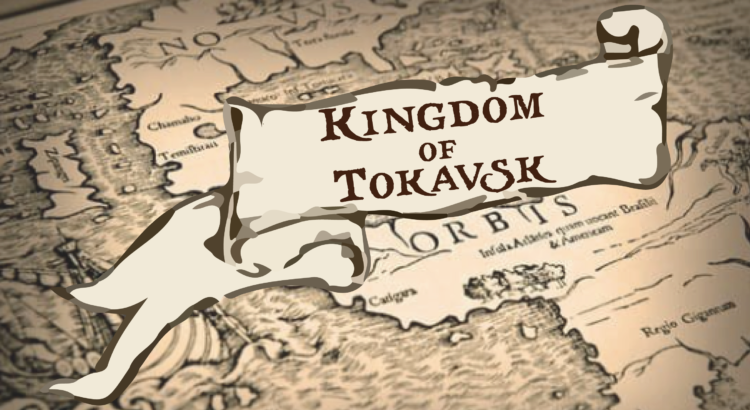She texts me and she goes, “hey, are you busy March 22nd?” I’m like bro, how would I know??
Kroger, 6:00PM, 12/14/2023
the missed-step feeling lingers. you grip a warm mug, waiting. watching. stir in two packets of sugar, or sweetener, or guilt. barista turns into bartender. time does not pass, or does it pass too quickly? on certain days we sit back and compare our inadequacies, our sterile speeches. save the date! what really needs to be saved? the guilt dissolves with the heat of the coffee.
I switched next weekend, my daughter has a volleyball tournament that I want to go watch, so…
Scheels, 2:00PM, 1/6/2024
in a storm, only the sturdiest trees survive. they tower over the clouds and watch as their neighbors are ripped to the ground. anchors of the forest, lighthouses in the water. blinking, bending, never breaking. one of them waves a branch. screams i love you. the storm pauses, tilting her head. she giggles. her smile — the sun — pulls the clouds apart. these are the kind of trees they make national parks for.
Did you help around the house over the weekend?
Oh, no.
Wow! You actually relaxed?
Bursley Dining Hall, 11:30AM, 1/22/2024
the light in the window deforms as it shatters against the beam of dust. back when broken rules tasted like blood under the tongue — we were happier back then. the dishes pile against the porcelain sink. one day they will return to their homes; the cup recounts its better days to the silverware, like a scarred veteran clinging to life after a war. if dust could talk, would it scream?




